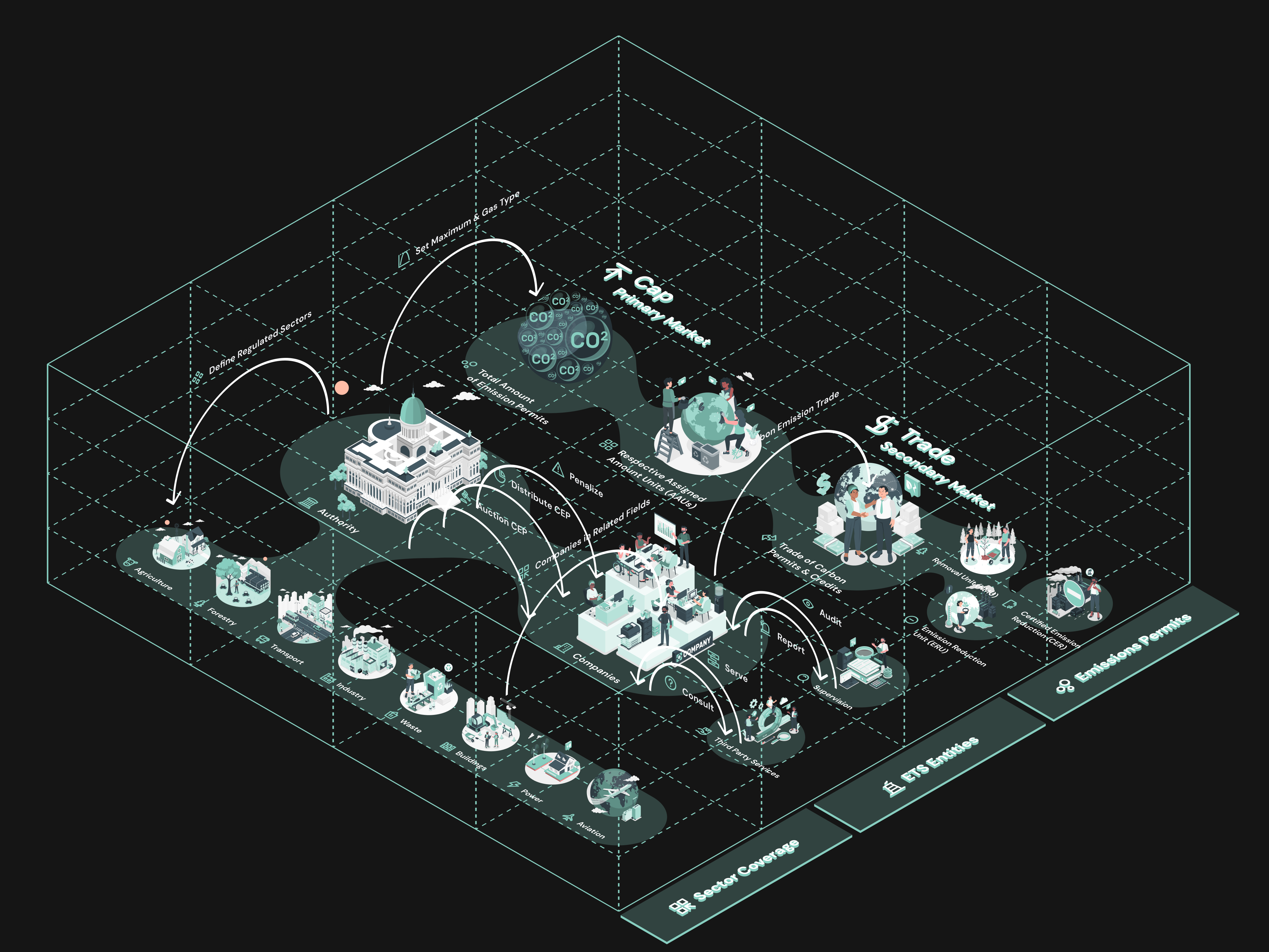Mapping Coloniality in Carbon Market and Offsetting
Carbon markets and offsetting mechanisms are often championed by market environmentalists as effective climate change solutions. Yet mounting evidence shows that they enact neocolonial violence on Global South and Indigenous communities. Globally, they reinforce unequal market dynamics and facilitate land grabbing in the Global South. Locally, they undermine Indigenous land and resource sovereignty through dispossession, violence, and killings. Procedurally, they silence Indigenous voices in project initiation, negotiation, and decision-making. At the heart of such coloniality lies an entrenched epistemological bias in climate knowledge production: 1) the fragmentation of nature and society into isolated domains; 2) the dominance of positivist, techno-managerial frameworks; and 3) the hegemony of Western and elite knowledge systems. My research proposes an alternative epistemological framework that is: 1) de-isolated, recognizing the interconnectedness of ecological, social, and economic systems; 2) de-positivist, centering embodiment, emotions, reflexivity, and lived experiences; and 3) de-colonial, amplifying place-based worldviews and the agency of Southern and Indigenous communities. These principles culminate in participatory cognitive mapping workshops, a research method where diverse stakeholders together co-create knowledge around carbon markets and their neocolonial entanglements. Through visually mapping cognitive understandings, lived experiences, subjective emotions, and building relational connections, this approach confronts market proponents with the plights of Indigenous communities under offset projects and amplifies indigenous environmental stewardship rooted in local cultural and spiritual practices. By emphasizing relational, embodied, and place-based epistemologies, it offers a possible roadmap for decolonial climate justice, centering Indigenous sovereignty and pluralistic climate knowledge production. © Shoutao Wu
